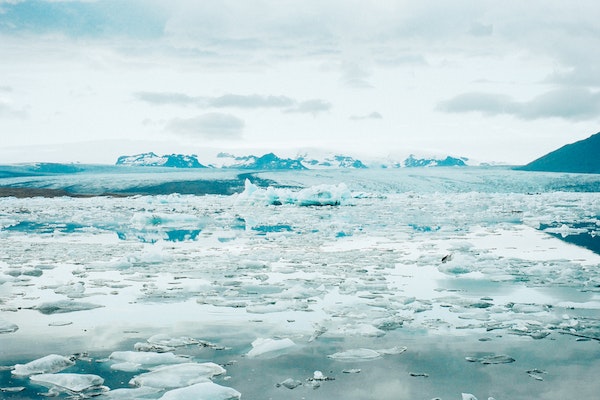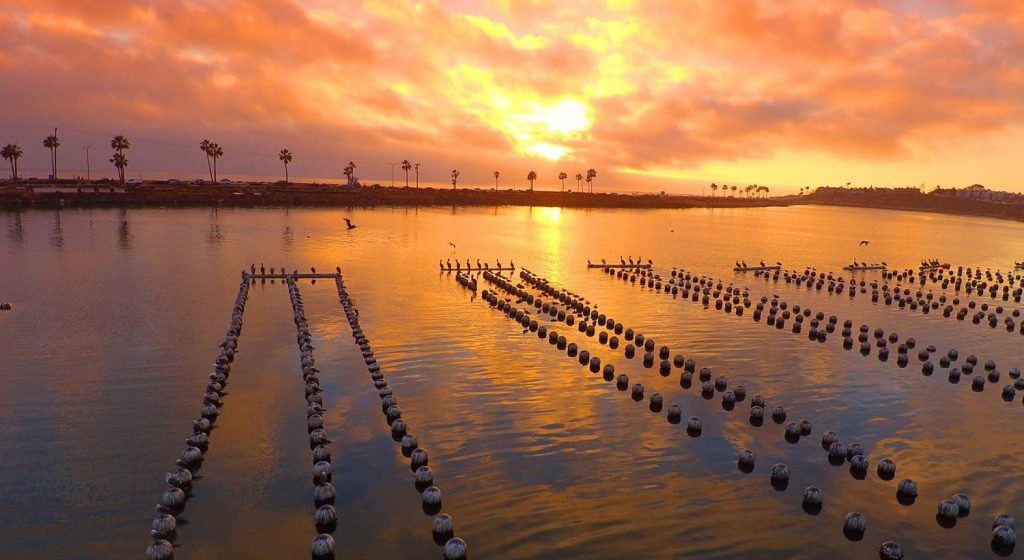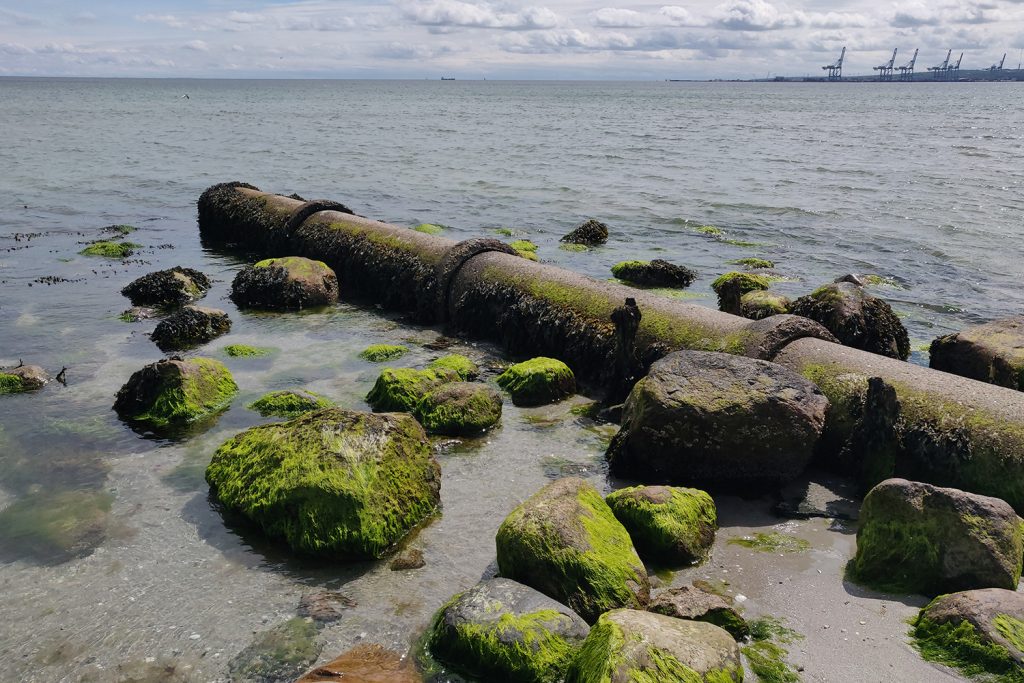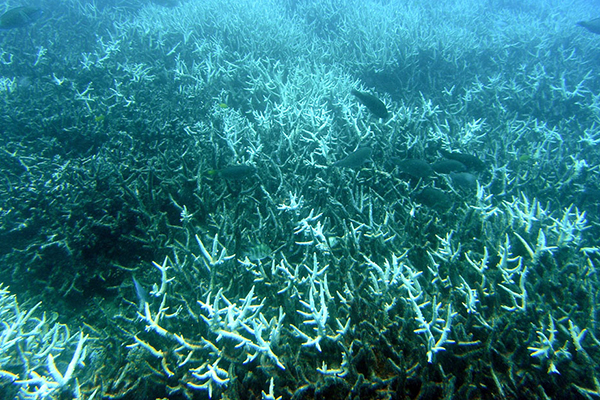Ocean acidification in Arctic waters a ‘big deal’ that impacts marine life globally

An international team of researchers has found an “extraordinary increase” in ocean acidification and a strong correlation with the increasing rate of Arctic ice melting. The study, which was published in Science, is the first analysis of Arctic acidification that includes data from more than two decades, spanning the period from 1994 to 2020.
Reviewing the data, the researchers found that the acidity of the Arctic waters was increasing three to four times faster than ocean waters elsewhere. An analysis of data gathered over 26 years confirmed a strong correlation between the accelerated rate of melting Arctic ice in the region and the rate of ocean acidification – a “perilous combination” that threatens the survival of plants, shellfish, coral reefs and other marine life and biological processes throughout the planet’s ecosystem.
Dr. Wei-Jun Cai, an expert in marine chemistry at the University of Delaware who was part of the research team, said more research is required to better understand the changing ocean chemistry and to better predict future changes, but so far, the data show the “far-reaching ripple effects of climate change.”
“If all of the multiple-year ice is replaced by first-year ice, then there will be lower alkalinity and lower buffer capacity and acidification continues,” he said. “By 2050, we think all of the ice will be gone in the summer. Some papers predict that will happen by 2030. And if we follow the current trend for 20 more years, the summer acidification will be really, really strong.”
Due to human-caused climate change, scientists have predicted that by 2050 – if not sooner – Arctic sea ice in this region will no longer survive the increasingly warm summer seasons. As a result of this sea-ice retreat each summer, the ocean’s chemistry will grow more acidic, with no persistent ice cover to slow or otherwise mitigate the advance.
That creates life-threatening problems for the enormously diverse population of sea creatures, plants and other living things that depend on a healthy ocean for survival. For example, crabs live in a crusty shell built from the calcium carbonate prevalent in ocean water. Polar bears rely on healthy fish populations for food, fish and sea birds rely on plankton and plants and seafood is a key element of many humans’ diets.
Ultimately, ocean acidification in these distant waters is “a big deal” that impacts the entire world. However, Cai said no one can predict what it will do to marine life and other living things that depend on healthy ocean waters.
“How will this affect the biology there?” Cai asked. “That is why this is important.”
Follow the Advocate on Twitter @GSA_Advocate
Now that you've reached the end of the article ...
… please consider supporting GSA’s mission to advance responsible seafood practices through education, advocacy and third-party assurances. The Advocate aims to document the evolution of responsible seafood practices and share the expansive knowledge of our vast network of contributors.
By becoming a Global Seafood Alliance member, you’re ensuring that all of the pre-competitive work we do through member benefits, resources and events can continue. Individual membership costs just $50 a year.
Not a GSA member? Join us.
Author
Tagged With
Related Posts

Responsibility
As ocean acidification threatens the shellfish industry, this California oyster farm is raising oysters resistant to climate change
Despite the dangers to shellfish posed by ocean acidification, a forward-thinking California oyster farm is producing oysters resistant to climate change.

Responsibility
Ocean acidification isn’t just a carbon story – it’s also about nitrogen
Dr. Barry Costa-Pierce on the connection between nitrogen, carbon dioxide and ocean acidification, and the importance of restorative aquaculture.

Responsibility
Study: 2021 breaks record for hottest ocean temperature
New research shows the ocean temperature in 2021 was the hottest ever recorded by humans, and the effects of ocean warming are "far-reaching."

Responsibility
At World Ocean Summit, Mexico asks: What do we want our oceans to be?
While talk of preservation and conservation dominated the annual event, a blunt query reminded all that the oceans need protection and sustainable development.



